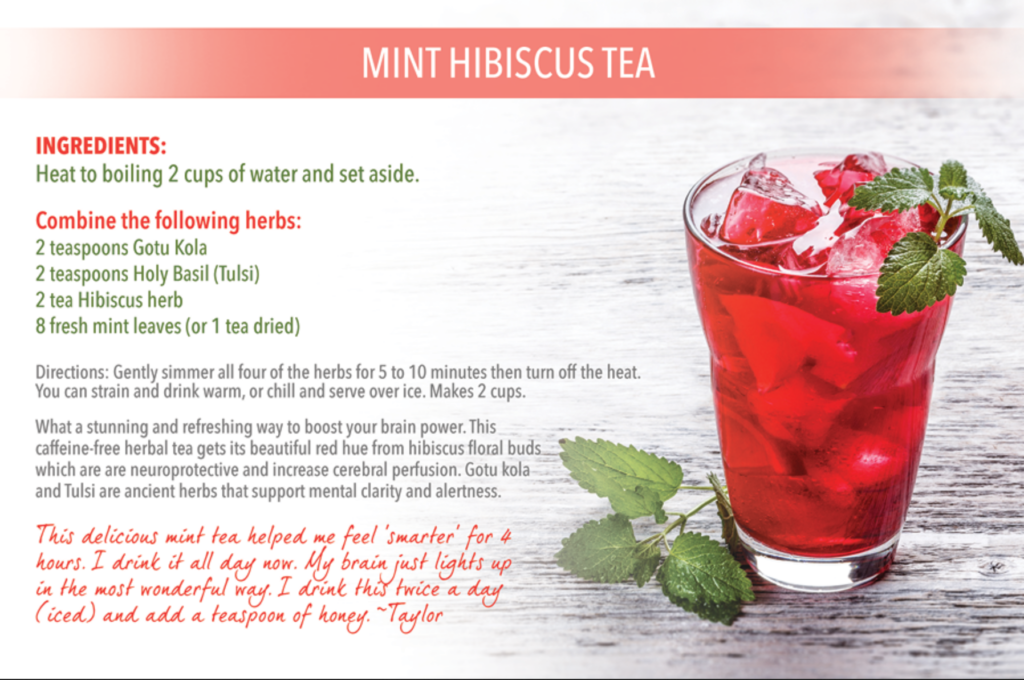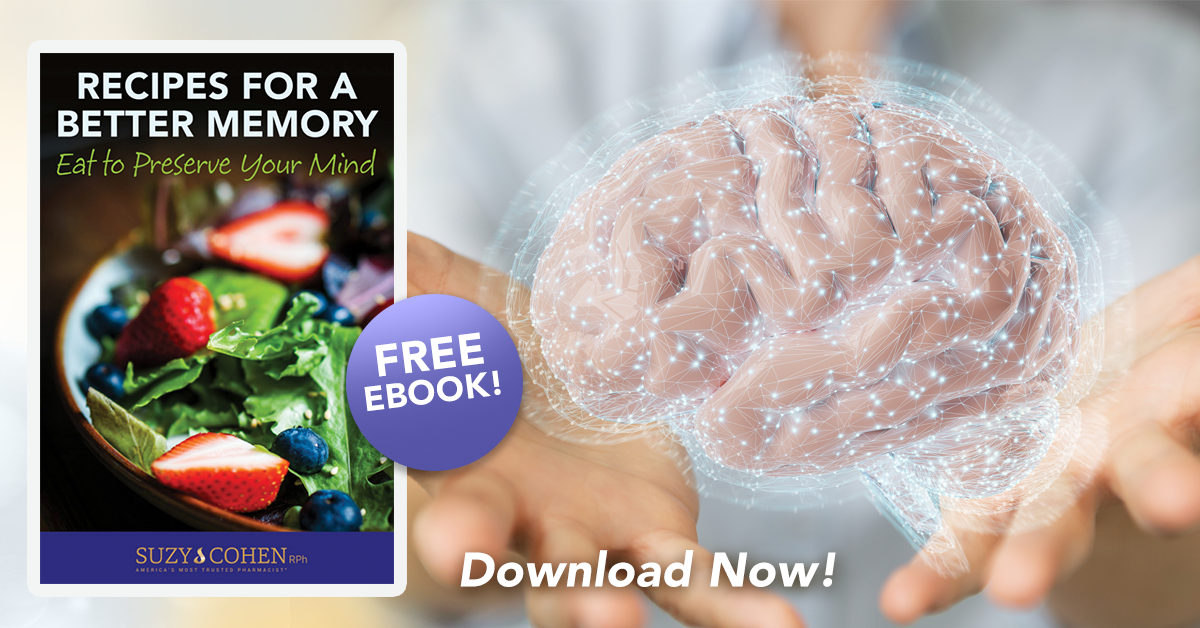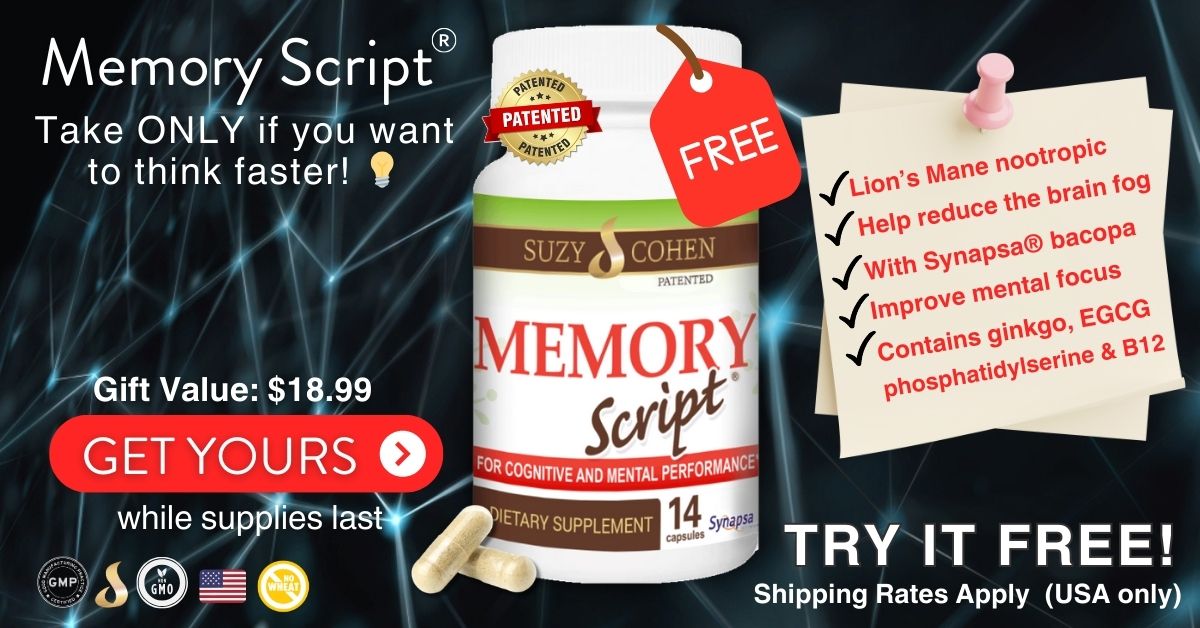What's On This Page?
ToggleToday I will share 8 ways to save your brain and calm down because you might need that one day.
Last December, I forgot where I parked my car at the mall and I had to go find a security man to drive me around and find it. Well, that’s embarrassing. At first, I thought someone stole my Subaru, but that just didn’t make sense. Who would steal the 4 year old dirty one, I mean if you’re going to risk a prison sentence, seems you should go after an Infiniti sports car?!
When it sunk in, I thought silently to myself “Oh my gosh, how do I not remember this?!”
For a few minutes I got a glimpse of what it’s like to forget something important. My brain is constantly twirling a million thoughts at any given time and I was multi-tasking while driving around the mall lot to find a parking spot… which basically means NOTHING was getting my full attention.
When I pulled in, I was on a phone conversation with my “BookFace” mom, LOVE HER! And dad. You have to watch my French mom and Russian dad discussing Facebook, oh my! But anyway, to honor those of you who forget things due to brain injuries, memory loss or other health conditions I’d like to offer 8 different (affordable) ways to help you.
When It’s Serious See Your Doctor
When memory loss is severe, or compounded with other brain-related concerns, you obviously need a team of physicians, and diagnostic imaging, lab tests and more. I don’t want to gloss over that or leave you thinking a few supplements will do the trick, but for some of you, they will serve as nice adjunctives. I want you to ask your practitioner what’s right for you.
Your brain needs to be properly fed and exercised to stay in good shape.
Since so many of us are multi-tasking, I think that is the number one thing that we need to stop. If you are doing several things at once, then each thing gets a piece of your brain.

Nothing gets your full attention. That will cause you to forget the basics (where your phone is, where did you leave your gloves, what time is that dental appointment, and so forth).
So try to think (and work) sequentially, and put off other tasks and responsibilities until you’re done with the most important one.
Next, move your body. Exercising is a sure fire way to save your brain, bring peace and calm and help you squeeze into your jeggings better.
Today I have some help if you or a loved one is dealing with:
Memory issues
Brain fog
Traumatic brain injury (TBI)
Toxic Encephalopathy
FYI, toxic Encephalopathy is a term you may not have heard of. Toxic Encephalopathy is a condition you may get from working with solvents, glues, metals, or mold, or from dealing with chronic infections.
8 Ways You Can Save Your Brain and Calm Down
Today I offer suggestions to save your brain (it is, after all, sort of important). I’m not sure if any of this is right for you, safe for you, or even effective for your condition, so please speak to your neurologist before trying any of these supplements:
Fatty Acids – Why fat?
Fat is an integral part of your brain and can help with brain injuries, so it’s first up on my list. One of the most important types of supplements you can take is something high in DHA (docosahexaenoic acid). You’ll find DHA clearly labeled in supplements as well as in fish oils particularly salmon, chia seed oil and krill.
Mullein Root
This can be a little harder to find. I actually put a smidgen of this herb in my own thyroid supplement, Thyroid Script. It is known to help with spasms, as it has mild anti-spasmodic effect. Since it has an affinity for facial nerves, some holistic doctors suggest Mullein for Bells Palsy, Trigeminal Neuralgia and other facial nerve pain syndromes associated with brain injury.
Acetyl L Carnitine
It’s capable of repairing brain cells (neurons) and it is known to prevent age-related memory decline. It turns into acetylcholine in the brain which can help you with learning. Doctors often suggest it for stroke victims. A side benefit is that it enhances immune function!
Ginkgo Biloba
A well-known herb that sends blood up to your brain which could help with both short- and long-term memory. It seems to help balance the various catecholamine neurotransmitters (dopamine, norepinephrine, adrenalin) as well as serotonin and cortisol levels! Taken together this can help revitalize a fading memory, reduce anxiety and improve your mood. In a study using rats, ginkgo was found to protect brains from mobile phone devices which emit electromagnetic frequencies.
If for some reason, you can’t tolerate ginkgo, do consider vinpocetine, it’s another one of my favorites in this category. “Vinpo” as I call it for short, is a different plant from gingko, yet it has similar amazing actions on your brain. Both of these herbs have the ability to reduce edema in the brain. It’s important that you don’t take both together, and that you don’t combine either with prescribed blood thinners.
Boswellia (Frankincense)
If you find that you’re struggling to remember the name of your next-door neighbor, or someone on TV that you should recognize like a famous actor… it’s kind of normal at times. But do consider using boswellia, commonly known as frankincense. Numerous clinical trials point to its ability to enter the brain and nervous system and reduce inflammation.
Boswellia is best known by consumers as something like a natural plant-derived type of ibuprofen… it’s helpful for pain. But science suggests it could help save your brain due to its potent anti-inflammatory capabilities. I put this in my joint formula by the way, in case you are interested in a joint/cartilage/tendon formula that helps with squishiness in your joints!
In 2014, there was a study in the European Journal of Immunology in which scientists found that boswellia reduced Th17, which you should think of as a bad chemical grenade in your brain. If boswellia can keep you from ‘pulling the pin’ on that grenade, it will slow neuronal degeneration and be helpful with brain ischemia, dementia, stroke, TIA and more.
Boswellia may also support your treatments with Lyme disease, multiple sclerosis, TBI any other conditions that are driven by Th17. My own supplement blend to support joint health, Joint Script, contains boswellia.
Ashwagandha
This is known to help with thyroid function over time by raising thyroid hormone levels but it can make you sleepy. Studies suggest that it’s a good choice if you have insomnia related to any brain injury, including TBI (traumatic brain injury).
![]()
Huperzine A
This is a plant-derived extract that may help you remember your dreams, which is kind of cool IMO! If it can help me remember my dreams while I’m basically unconscious (sleeping) then it should certainly help me remember my parking spot when I’m awake! It increases acetylcholine which is associated with more clarity of thinking (good for brain fog), and memory retention to help you remember the whole phone number (not just the area code!).
Because it boosts nerve growth factor, it can grow and protect neurons as well as improve neuroplasticity. Dosages vary; 200 to 400 mcg (micrograms) daily is generally appropriate.
Bacopoa
This is a very cool herb as it has widespread benefits for people dealing with mind ‘processing’ issues, poor focus, memory loss, and anxiety. There are many options out there so always follow label directions.
I hope that some of these supplements will help you save your brain… at least before you hit the mall parking lot next holiday season!
![]()


Suzy Cohen, has been a licensed pharmacist for over 30 years and believes the best approach to chronic illness is a combination of natural medicine and conventional. She founded her own dietary supplement company specializing in custom-formulas, some of which have patents. With a special focus on functional medicine, thyroid health and drug nutrient depletion, Suzy is the author of several related books including Thyroid Healthy, Drug Muggers, Diabetes Without Drugs, and a nationally syndicated column.


